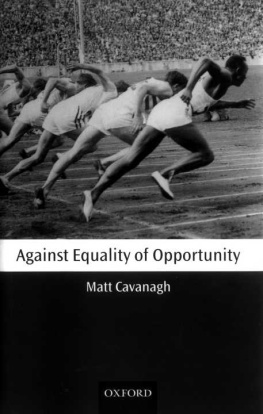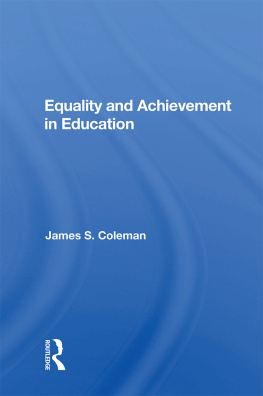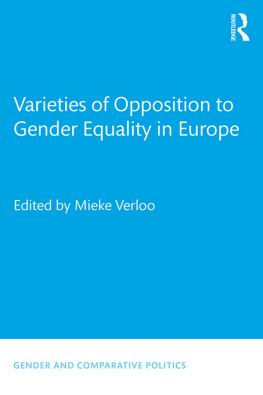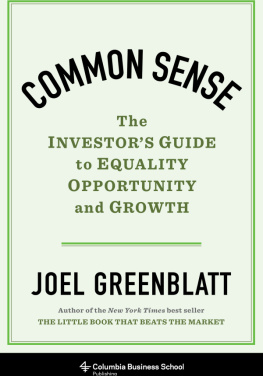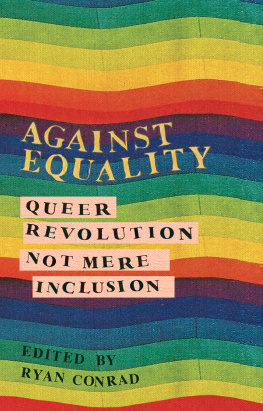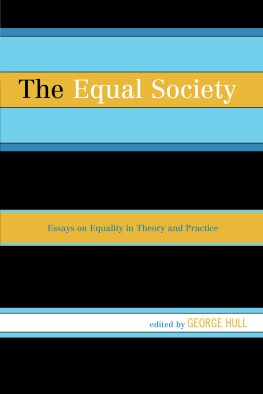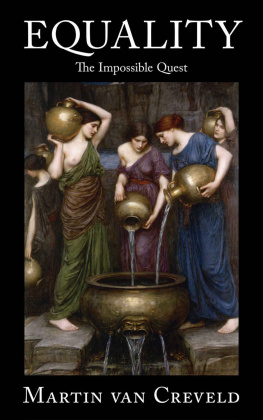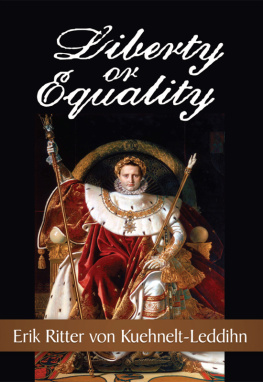OXFORD PHILOSOPHICAL MONOGRAPHS
Editorial Committee
J. J. Campbell, R. S. Crisp. Michael Fredc, J. D. Kenyon, Michael Rosen, Ralph C. S. Walker
Against Equality of Opportunity
OTHER TITLES IN THE SERIES
Causality, Interpretation, and the Mind
William Child
The Kantian Sublime From Morality to Art
Paul Crowther
Semantic Powers Meaning and the Means of Knowing in Classical Indian Philosophy
Jonardon Ganeri
Kant's Theory of Imagination Bridging Gaps in Judgement and Experience
Sarah L. Gibbons
Determinism, Blameworthiness, and Deprivation
Martha Klein
Projective Probability
James Logue
Understanding Pictures
Dominic Lopes
Wittgenstein, Finitism, and the Foundations of Mathematics
Mathieu Marion
False Consciousness
Denise Meyerson
Truth and the End of Inquiry A Peircean Account of Truth
C.J. Misak
The Good and the True
Michael Morris
Hegel's Idea of Freedom
Alan Patten
Nietzsche and Metaphysics
Peter Poellner
The Ontology of Mind Events, Processes, and States
Helen Steward
Things that Happen Because They Should A Teleological Approach to Action
Rowland Stout
Metaphor and Moral Experience
A. E. Denham
Against Equality
of Opportunity
Matt Cavanagh





Acknowledgements
I would like to thank Balliol College and the British Academy for their support in the early stages, and the following, for reading or discussing earlier versions of-the book: Bill Brewer, Peter Coldie, David Howie, Christopher Lake, Joseph Raz, Janet Radclilie Richards, Alan Ryan, and David Wiggins.
Contents
INTRODUCTION
PART 1. Meritocracy
PART 2. Equality
PART3. Discrimination
Introduction
1. THE QUESTION
If you ask people what we should be doing to make society a fairer place, the chances are they will say something about equality of opportunity. But what do they actually mean by this? That is the question this book tries to answer-what we mean when we talk about equality of opportunity. Clearly we mean something to do with the way jobs should be allocated. But what exactly? If you press people on what they mean by `equality of opportunity', the appearance of general agreement soon evaporates. For some, 'equality of opportunity' turns out to mean that the best person should always get the job. For others, it means that everyone should start in the same position, or enjoy the same chance of success. For others still, it means something much narrower-simply that things like race or sex should not matter when it comes to getting a job. Does it really make sense to think of all these views as merely different interpretations of a single ideal? Probably not. It is like asking people what they want out of life: they might all say the same thing-happiness--hut this is just a kind of shorthand for their real answer. For some, 'happiness' turns out to mean pleasure, for others, it means being successful in the pursuit of worthwhile ends, for others, it means having some kind ofbalance in your life, and so on. These are not merely different ways of interpreting an ideal, they are different all the way down; they have nothing in common except that they are all answers to the same question. 'Happiness' has simply come to stand for the answer to that question, whatever it happens to be. The same seems to be true of 'equality of opportunity'. The fact that we all use the same form of words makes us think we must agree on something: we agree that whatever it is exactly we believe in, 'equality of opportunity' is a good way of describing it. But this sense ofa shared central idea is an illusion. The fact that we all converge on a certain form of words does not mean we actually agree on anything substantial.
However, perhaps this is a little too pessimistic. If someone says they believe in equality of opportunity, that might not tell us exactly what they believe, but it does seem to tell us something about what kind of view they have. We can probably assume, for example, that they don't believe in either pure laissez-faire or a centrally planned system of job allocation. That is, they probably don't think the state should let employers hire however they want, but equally they probably don't believe in going to the other extreme, in which the state would take over the whole mechanism for deciding who should do which job. Neither extreme would generally be thought of as just another interpretation of equality of opportunity. However, that leaves us with the space between these two extremes, which includes almost every respectable view, including those I have already mentioned: first, the view that the best person should always get the job, which I will call meritocracy; second, the view that everyone should start in the same position, or enjoy the same chance of success-which is in fact two separate views, though I will bracket them under the general heading of equality; also, third, the variety of views which try to combine meritocracy and equality; and last, the narrower view that things like race or sex should not matter when it comes to getting a job.
The last of these views occupies a different place in this book to the other three. The book is called Against Equality of Opportunity, but if this last view really was all that `equality of opportunity' was supposed to mean, I would not be against it. Indeed, once this last view is properly separated from the others, it is pretty hard to object to (though I do argue, in Part 3, that we should understand it more narrowly than we might at first think). When I describe myself as being against equality of opportunity, what I have in mind are the other three kinds of view: meritocracy, equality, and the variety of views which try somehow to combine meritocracy and equality. I think this justifies the book's title, since these do seem to be what most people mean by equality of opportunity. (The single most common view today is probably one of those that tries to combine meritocracy and equality, the view that the best person should get the job, but that everyone should have an equal chance of becoming the best.)
But if my real target is only the first three views, why not simply call the book Against Meritocracy and Equality? The reason is that one of the things I want to draw attention to is precisely the confusion and vagueness surrounding the term `equality of opportunity', as well as the problems which face the various different actual views when it is finally made clear exactly what they are. But I am less interested in opposing the idea of equality of opportunity itself if there is such a thing-than in opposing certain particular views which go under that heading. In the end it doesn't matter whether the ideas of merit and equality, taken separately or together, successfully capture everything people think they mean when they say they believe in equality of opportunity. (Perhaps no single idea, or even any coherent set of ideas, could do this.) What matters is that these two ideas certainly appear, separately or together, clearly or vaguely, in the way most people think about the question ofhow jobs should be allocated; and this is the question I am really interested in. My aim is to challenge these common ways of thinking about it, and then to suggest some answers of my own. And when it comes to suggesting my own answers, I am similarly more interested in whether the answers I suggest are correct, than in whether they represent a better way of understanding equality of opportunity. This is not an entirely cosmetic point. It is perhaps one of the biggest problems with the whole debate that it seems to he constrained by the assumption that the answer must be some form of equality of opportunity -or at least some theory which could be so described.

